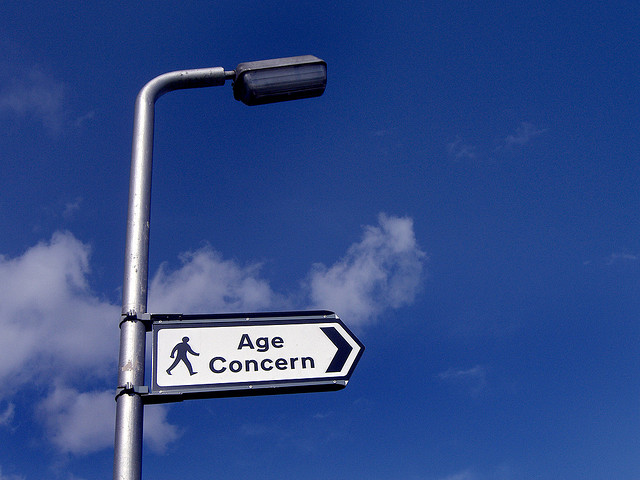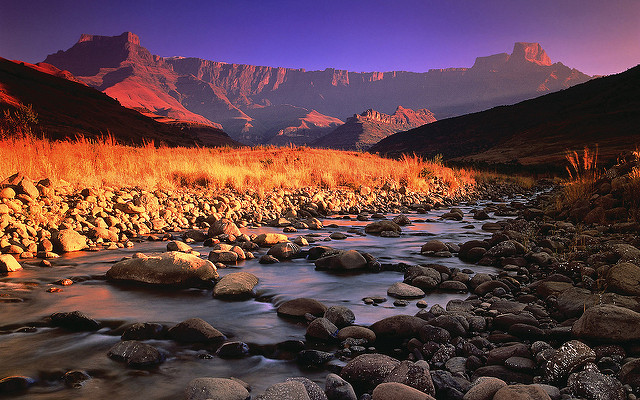Have you ever sat in a Maths class wondering why you will ever need to be able to do long division without a calculator? Or silently cursed your Geography teacher while learning about the formation of oxbow lakes? And History? That’s all in the past and irrelevant, isn’t it?
In this series of articles, we will look at some of the subjects we learn at school, and try and answer the question: What’s the point in learning this?
Last time we looked at uses of Maths, both in day-to-day life, and for your future career. Today we will focus on learning English. Once we have learned how to read, write and spell, what is the point? Will we ever need to quote Shakespearian sonnets? And who, other than writers, needs to be able to write stories and poems?




